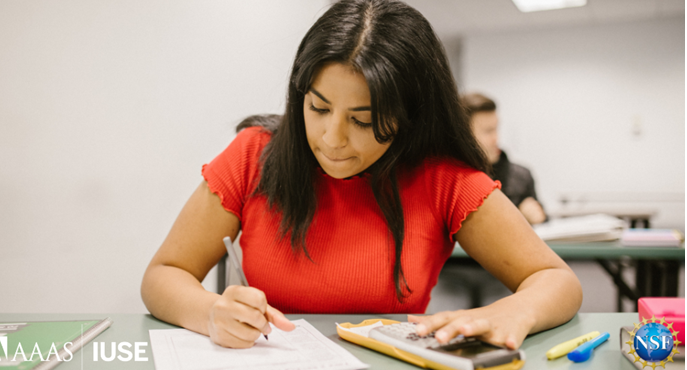
Aug. 31, 2023
by:
Molly M. Jameson, Ph.D.
Associate Professor
University of Northern Colorado
Julie Sexton, Ph.D.
Research Associate
University of Colorado Boulder
Editor: Sibrina Collins, Lawrence Technological University
Geoscience has made concerted efforts to increase the number of women entering and graduating from undergraduate geoscience programs, but despite these efforts, the number has remained about 40% for the last 20 years.
Cultural norms within geoscience may communicate a masculine and exclusionary environment that is unwelcoming to women. For example, geoscience department websites, which are important for communicating culture, more frequently depict men in department photographs. Interviews with faculty and students from six geoscience departments indicate exclusionary gendered narratives that reinforce gender norms (e.g., men are more suited to geoscience work). Additionally, female students may encounter hostile climates and microaggressions in geoscience classrooms and field experiences.4 Hostile sexism is reported more frequently by students and faculty in geoscience departments with a lower percentage of undergraduate female students, possibly suggesting that the hostile climate may be associated with students not selecting or not persisting in some departments. Given the central role of interest in selecting a geoscience major, it is also possible that women experience lower interest in geoscience than men. This leads to the question of why women might be less interested in geoscience? One possible yet overlooked barrier to women entering and persisting in geoscience is the role of math in geoscience and women’s math attitudes.
Math attitudes as a barrier to science
Students who perform well in math, value math, and are interested in math tend to be attracted to science disciplines. The opposite is also true; those with more negative attitudes and performance in math typically avoid science. Though geoscience is often perceived by students as using less math than other sciences, the field requires significant mathematical skills and knowledge. In fact, geoscience majors are typically required to complete math courses through calculus. This could prove problematic for students with more negative math attitudes.
Unfortunately, due to a combination of societal and systemic issues (e.g., stereotypes, educational inequality), women tend to report significantly more negative math attitudes than men. This includes high levels of math anxiety, low levels of math self-efficacy (i.e., confidence), low levels of interest in math, and low math motivation. As previously mentioned, more negative math attitudes are associated with avoidance of science classes and majors. The more negative math attitudes of women than men could contribute to the lower number of women than men in science fields overall. It could also explain the lower number of women in geoscience specifically, particularly given the relevance of mathematical skills and knowledge in geoscience. As such, the role of math-specific attitudes in women’s experiences, attraction, and interest in geoscience is an important yet previously unstudied area in geoscience.
Read more:
https://aaas-iuse.org/want-more-women-in-geoscience-consider-their-math-attitudes/